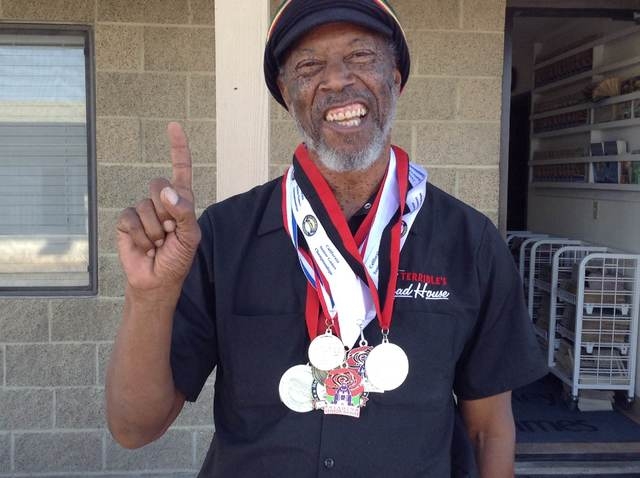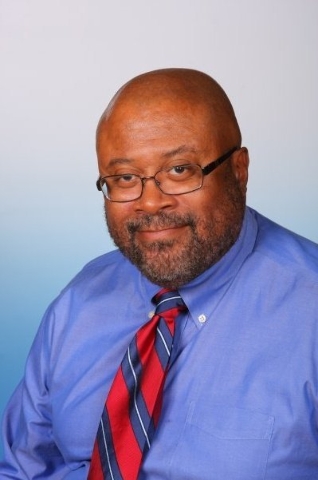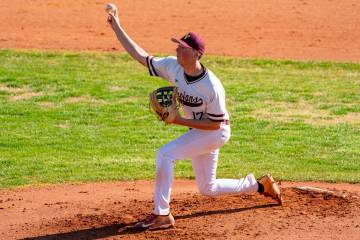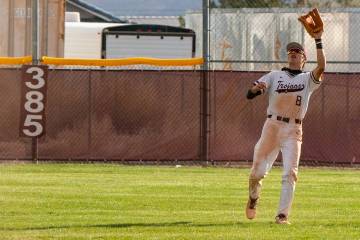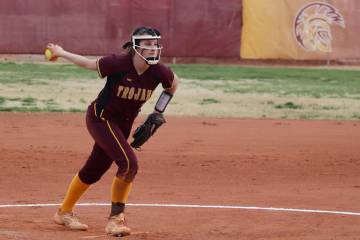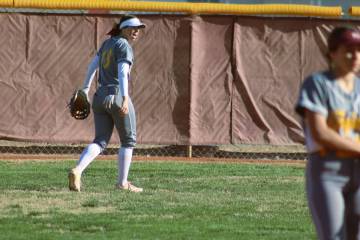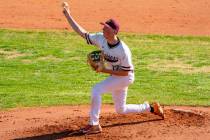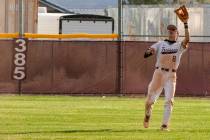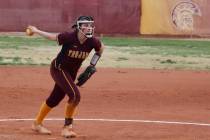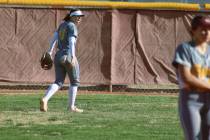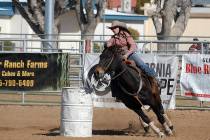NCAA is under fire and some feel that college athletes should get paid
The writing is on the wall. Change is necessary in the NCAA, but will the change result in college athletes getting paid? That still remains to be seen.
Joe Nocera, an op-ed columnist for the New York Times, wrote in 2011 in the New York Times Magazine that college athletes should be paid. He wants the athletes to be paid a salary from $25,000 to as much as $60,000. His main argument was that NCAA makes billions of dollars from college football and basketball and the college athletes see none of the money. Meanwhile coaches and universities are getting millions.
Since Nocera’s piece was written many changes have slowly been incorporated into the NCAA rules, but is it enough to keep the athletes happy?
Although the NCAA has not decided to pay athletes, they are making reforms, but this may be too slow for the athletes.
In 2014, disgruntled student-athletes from the Northwestern University football team tried to unionize. The verdict is still out on that one.
Local high school coaches and former college athletes from Pahrump expressed their opinions.
Trojans Athletic Director Ed Kirkwood said absolutely no to college athletes getting paid.
“They are already getting paid in the form of free tuition, room and board,” he said. “When they skip class, fail and flunk out, they want a payday because they don’t graduate and get a diploma. They are coddled from middle school and up. Let’s remember the term, ‘student-athlete’ means something.
Trojans wrestling Coach Craig Rieger agrees with Kirkwood and said they are getting paid with a scholarship.
“They are earning a degree,” Rieger said. “I do believe they should receive a monthly living stipend. Just a small amount to help with living expenses.”
Rieger brought up an increase in stipend money to handle living expenses. This has been talked about by the bigger schools in the NCAA. Nocera said in his article that in 2011 some athletes couldn’t get food and didn’t have enough money to buy needed clothing.
“The NCAA rules make no allowance for poverty, yet surely college athletes should be able to go on a date, rent an off-campus apartment, lease a car, have some clothes, visit home and pay for their parents to see them play once in a while,” Nocera said in his article. “That is what the minimum salary will provide.”
He said some college athletes didn’t even have enough money to eat during the year.
Trojans girls basketball Coach Jennifer Hagstrom played Division II womens basketball for Saginaw Valley State University in Michigan and although that was over a decade ago she said her college took care of all meals and most needs even during Christmas break.
“If anything, athletes may need an increase in stipend money, but I think if they got paid this would increase the animosity between the high-paid athletes and the low-paid athletes,” Hagstrom said.
Local senior athlete and former UCLA wide receiver Marvin Caperton is for college players being paid. He played for UCLA from 1973 to 1978 and disagrees with Hagstrom.
“I don’t think there would be animosity among players because of pay,” he said. “If the guy is better than me that means I need to work harder and I can’t be mad at him for getting paid more. That is something that is understood.”
At the moment, according to David Langford, the athletic director for Fairleigh Dickinson University in New Jersey, a small Division I and III school ,said the NCAA is slowly going towards increasing stipends and the value of athletic scholarships.
Langford said if athletes do get paid the smaller colleges would not be able to survive. His school gets money from the NCAA but said it’s not nearly enough to pay the athletes.
Nocera recognized the payment of college athletes would hurt the smaller schools and he wrote the schools could change the way they pay college coaches and implied they received too much.
“Andrew Zimbalist, the noted sports economist at Smith College — and a critic of many NCAA practices — told me he agrees with the contention that schools can’t afford to pay players … he also called for federal legislation to cap — and lower — coaches’ salaries,” Nocera said. “But if the players were paid, the market would probably readjust coaches’ salaries all by itself.”
Nocera said some college football coaches get paid up to $6 million a year. Case in point: former 49er coach Jim Harbaugh was reportedly making $5 million a year at Michigan.
Langford said the NCAA has made many changes over the years. He acknowledged that students may have problems at other universities with meals and clothing or event travel but this should be rare. He insists his student-athletes don’t have that problem at his school. He also added schools that pay coaches big salaries can do so because of ticket sales. The smaller schools can’t do this and therefore don’t have the extra money to pay student-athletes.
“During winter break we make sure we take care of our basketball players and make sure they eat because during that time the campus closes after finals, but basketball players may still be practicing and playing games,” he said. “I think now most schools do that. I think the problem arises when the competition ends and the students don’t have a place to go and that becomes a challenge.”
The NCAA wants to address the problem of student-athletes not being able to cover expenses of food and travel by increasing the scholarship money student-athletes receive. Langford said soon the scholarships will cover the cost of attendance. This means the scholarship includes tuition, fees, room, board, books, personal expenses and travel home.
He said this push is coming from the bigger schools.
This move should slow down the movement for athletes to get paid. Langford personally believes they should not be paid.
“I have to admit I am old-fashioned,” Langford said. “I went to school when there was no athletic scholarships. My education was paid for me on loans. The value of my college education means more for me because I had to pay for it. I would have loved to be on scholarship, I went to school and I loved to compete as an athlete because I loved the sport.”
He said good arguments can be made to pay college athletes but coming up with money for the smaller schools and then deciding which sports to pay can be a nightmare.
“I have a bowling team that has qualified for the national championships, 11 out of 12 years there has been an NCAA tournament,” he said. “In seven instances we have finished no less than fourth place and we have won two national championships. Those kids are on full scholarship. The basketball team in that same time frame has been to one NCAA tournament. So is the basketball team more important than the bowling team? Those are some of the choices that we all have to make.”
He also said that the relationship between the college and the athlete would change should the student-athlete get paid.
“Right now the relationship is like a partnership,” Langford said. “I volunteer my services to play football for Michigan State. Here is what Michigan State is going to do for me. I call this a mutually-exploitative relationship. I am going to exploit you for the educational opportunities and the opportunities to hopefully get a great job when I graduate. You get to use my body for the four years I am playing to try to win a national championship. That is not a bad trade-off.”
But he said if it becomes an employee and employer relationship you open a whole new can of worms.
“All of a sudden that changes the entire relationship between the student athlete and the university,” he said. “Now there is a contractual obligation. You can see a situation where things are not going well, like Michigan, where they lost a few games. The football team goes on strike, which is a possibility and now you don’t have the stability that you had in the past.”
Caperton said he agrees that the relationship would change, but this is a good thing. He also likes what is going on at Northwestern University.
“I am for unions but would be angry if a big game was delayed due to a strike,” Caperton said. “But as far as athletes getting paid I would think the administrators could figure out who would get paid and how much. You can’t pay a football player the same as a hockey player.”
Langford said that colleges now handle things differently than what Nocera said. Nocera talked about student-athletes not having enough money to buy clothes and said this would not happen at his school because the NCAA has a fund now that takes care of that.
He gave the example a football player at Rice and your hometown is Honolulu, Hawaii and your grandmother passed away. The NCAA student-athlete fund can pay for your athlete to fly home for the funeral.
“There are a lot of ways that money comes back to the school from the NCAA,” he said. “It may not come back directly to the student-athletes but eventually it will come back to the student-athletes who need it.
“We had a student-athlete who came to us from Texas, who ended up needing $10,000 worth of dental work. And the student-athlete fund paid for all that,” he said.
In the end Langford said the NCAA will change, but because every college is out for their own interests, change will come with time.


